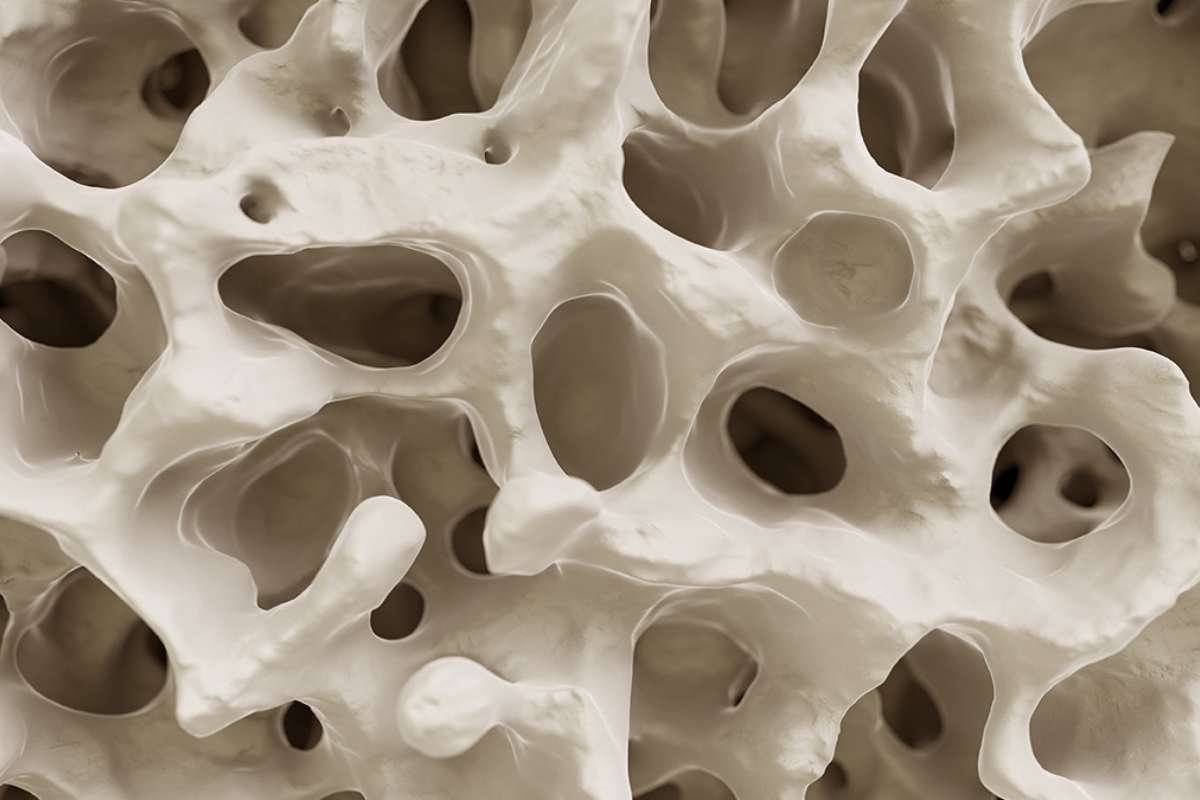Researchers have discovered that a modified version of CAR-T therapy, a revolutionary immunotherapy primarily used for treating advanced blood cancers, could potentially be repurposed to address myasthenia gravis, an autoimmune disorder affecting the nervous system. The adapted CAR-T therapy, which stands for chimeric antigen receptor T-cell, demonstrated the potential for longer-lasting alleviation of myasthenia gravis symptoms and was well-tolerated by patients without significant adverse effects. The study, published in The Lancet Neurology, received support from a small business grant provided by the National Institute of Neurological Disorders and Stroke (NINDS), a division of the National Institutes of Health, and was sponsored by Cartesian Therapeutics in Gaithersburg, Maryland.
Versatility of Immunotherapies
Dr. Emily Caporello, director of the NINDS Small Business Program, highlighted the versatility of immunotherapies in circumstances where limited or no treatment options exist, stating, “Repurposing a groundbreaking therapy such as CAR-T to potentially treat a neurological disorder shows the versatility of immunotherapies in instances where there are limited to no treatment options.”
Myasthenia gravis is a chronic autoimmune disorder that typically occurs when the immune system mistakenly attacks a protein involved in the communication between nerve cells and muscles. The condition is characterized by muscle weakness that worsens after physical activity and may improve with rest. Current treatments primarily focus on managing symptoms, particularly muscle weakness.
The Study
The study involved 14 individuals with generalized myasthenia gravis who received different doses of a modified CAR-T therapy called Descartes-08, which targeted the cells responsible for producing the antibodies that cause myasthenia gravis. Researchers determined that the most effective dosage was once weekly for six weeks. Early data on the treatment’s effectiveness are promising, but further clinical studies are necessary to assess its efficacy.
Three patients who received Descartes-08 experienced complete or near-complete elimination of symptoms that persisted for six months after treatment. Additionally, two patients no longer required chronic intravenous immunoglobulin treatment, which is currently used for severe myasthenia gravis cases.
Important Outcomes of the Trial
Dr. Murat V. Kalayoglu, President and CEO of Cartesian Therapeutics, described the notable outcomes of the trial, stating, “What we saw were deep, durable responses to Descartes-08 that persisted for at least six months following treatment.” The company has now initiated a larger randomized, placebo-controlled study, the first of its kind for engineered adoptive cell therapy.
CAR-T therapy involves reprogramming a patient’s T-cells, a crucial component of the immune system responsible for recognizing and destroying invading pathogens, to target a specific marker. In the case of blood cancers, the target is the cancer cells themselves. For myasthenia gravis, the target is the aberrant cells producing the harmful antibodies.
CAR-T Therapy Explained
Although many immunotherapies, including CAR-T, carry the risk of severe side effects, which are tolerable in advanced cancer cases, they hinder their use in chronic conditions like myasthenia gravis. Typically, T-cells are reprogrammed using DNA, which persists within the cells and replicates during cell division. This can lead to amplified effects and severe side effects.
Tackling the Issues
To circumvent this issue, Descartes-08 employs messenger RNA (mRNA) instead of DNA to reprogram T-cells. Unlike DNA, mRNA does not duplicate during cell division. Consequently, Descartes-08 requires multiple doses over a short treatment period, as opposed to the single-dose regimen used in DNA-programmed CAR-T therapy. The primary objective of the trial was to determine the optimal dosage of Descartes-08 that effectively reduces muscle weakness symptoms with minimal side effects.
Descartes-08 therapy is currently undergoing testing in a larger clinical trial to evaluate its effectiveness in reducing myasthenia gravis symptoms. Importantly, this trial includes a placebo group, which serves as a crucial control to confirm that any observed improvement is due to the treatment rather than unrelated factors.
The study was supported by a grant from the NINDS Small Business Program and registered on ClinicalTrials.gov (NCT04146051), which aims to encourage research and development leading to commercial therapeutic products.







